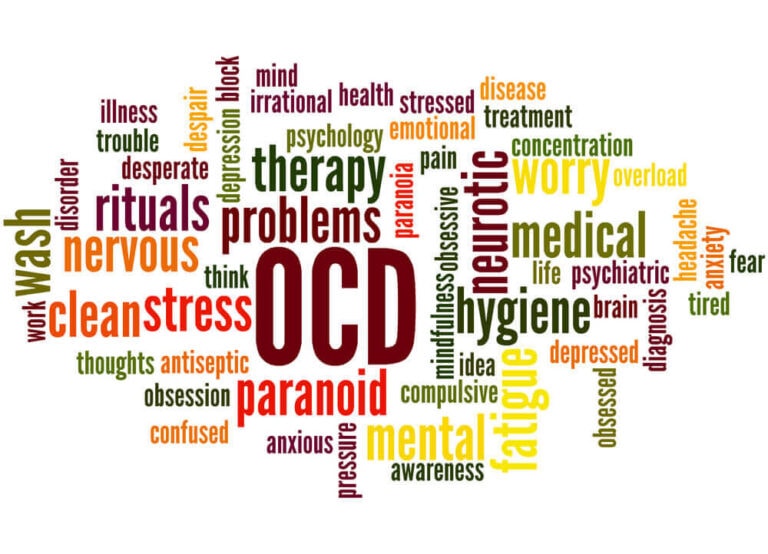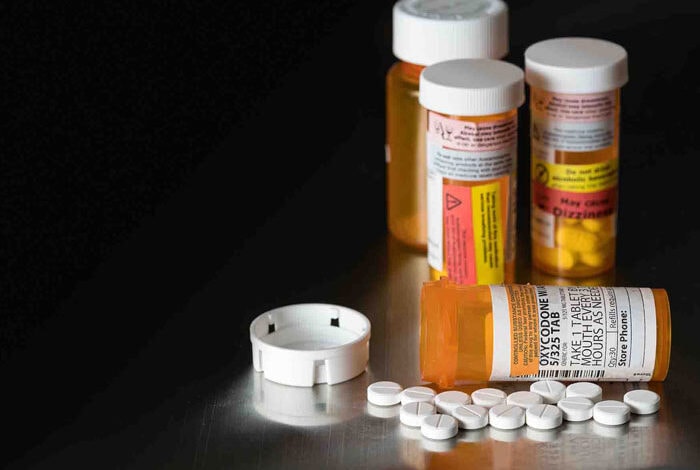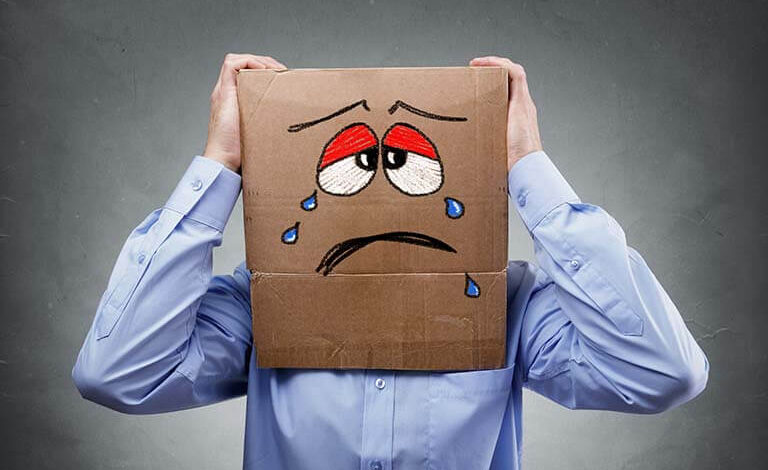SAMSHA National Prevention Week
Cross Addictions: Trading One Habit for Another
National Prevention Week is an annual national awareness week that takes place during the third week in May (May10th-16h this year) in order to improve community involvement, enhance mental health partner engagement, and increase mental health resource sharing within a community, state, and national level.
Substance abuse and mental health disorders affect millions of individuals each year. Substance use disorders are tightly linked to mental health disorders and oftentimes individuals struggle with both simultaneously, a term known as co-occurring disorders or cross addiction. It is nearly impossible to talk about substance use disorders without understanding mental health disorders and how the two are tightly interconnected.
Have you ever known someone who was in recovery for drug or alcohol abuse and later became addicted to an entirely different substance or behavior, maybe gambling or shopping? The feel-good hormone dopamine is known to drive addictive behaviors. When someone enters treatment for their addiction, the craving for that feel-good hormone may never go away, even if their addiction is no longer present. Sometimes this craving for instant pleasure is so intense that this individual becomes addicted to a new vice that triggers the dopamine reward center in the brain.
Cross addiction, also known as addiction transfer or Addiction Interaction Disorder, is when an individual trades one addiction for another, often unintentionally.
Why does cross-addiction occur?
Cross-addiction can occur for many different reasons.
Mental illness: An individual can have an undiagnosed mental illness such as depression or anxiety and engage in addictive patterns and behaviors to ease their emotional discomfort.
Lack of understanding in regards to the addiction process: Individuals may not be aware of the dopamine reward system in the brain and its relation to addictive behaviors. As a result, an individual who is in recovery from alcohol may view opioids as harmless because it is an entirely new substance.
Accidental: Maybe an individual is in recovery for substance abuse and later decided to get a tattoo and within time, becomes addicted to tattoos. Trading one addiction for a “harmless addiction” unintentionally without even realizing it is quite common.
Cross-addiction can occur at any time but is more common in the early stages of recovery
In the early stages of recovery, an individual is still learning coping mechanisms and battling their urges to use. There is a higher chance of relapsing in the early stages of recovery, hence why cross-addiction is more common during this timeframe. However, cross-addiction is still possible for individuals who are 20 years out of recovery. Maybe an individual is recovering from their alcohol abuse disorder and has been sober for 20 years but underwent knee replacement surgery and became addicted to their painkillers. It is important to remember that recovery is a lifelong journey and is something that must continually be worked towards daily. Cross addiction can happen at any time at the most unsuspecting moments.
Cross-addiction can seem relatively harmless
If an individual is in recovery from methamphetamines, is it a big deal if they later become addicted to video games? Many individuals believe that trading a severe drug addiction for a less harmful behavioral addiction is not a big deal. Feeding this addictive behavior cycle is unhealthy and can take away from many important aspects of an individual’s life.
Treating cross-addiction
Preventing cross-addiction is possible by providing the right education and coping skills to the individual throughout the treatment and recovery process. The following can prevent individuals from engaging in cross-addiction patterns:
Educating the individual on the science behind addiction
Teaching the individual to avoid all addictive medications
Providing ongoing psychotherapy to teach healthy coping skills
Encouraging active participation in recovery support groups
AKUA Mind and Body is here for you!
AKUA Mind and Body is a full-service treatment program that offers a wide range of “east meets west” treatment modalities for many different populations struggling with mental health and substance use disorders. AKUA Mind and Body treats co-occurring disorders and works diligently with each client and their family to ensure that treatment is specifically tailored to their needs, and not just their disorder.
AKUA Mind and Body offers detoxification, inpatient treatment programs, and virtual outpatient treatment programs. AKUA Mind and Body uses a blend of holistic approaches combined with evidence-based treatment to help individuals who have been affected by substance use disorders to recognize their underlying triggers and develop healthy coping skills. Regardless of where you are in your recovery process, AKUA Mind and Body can help.




